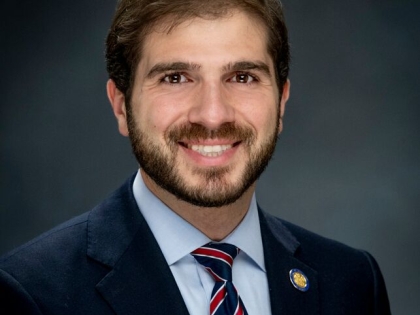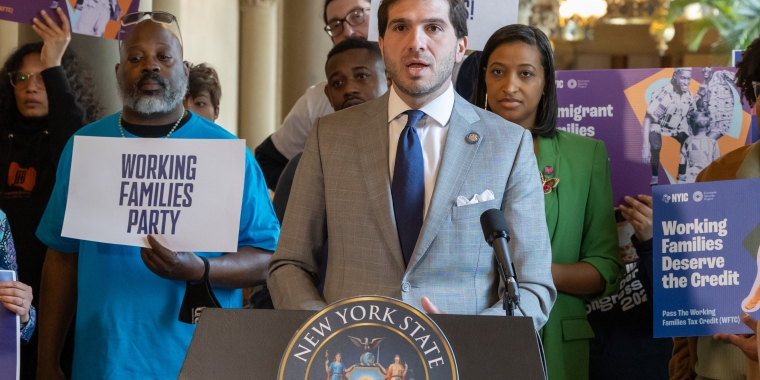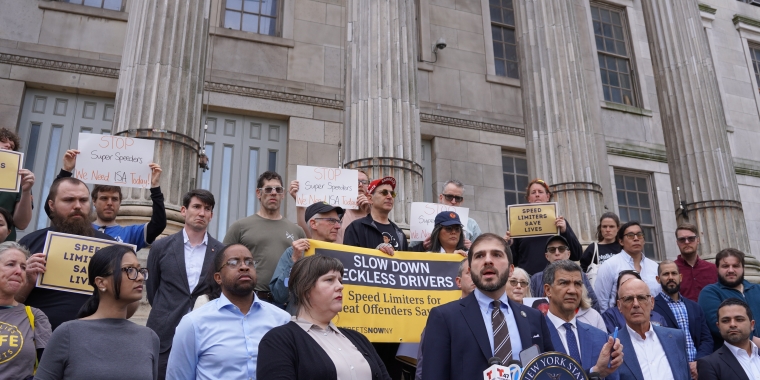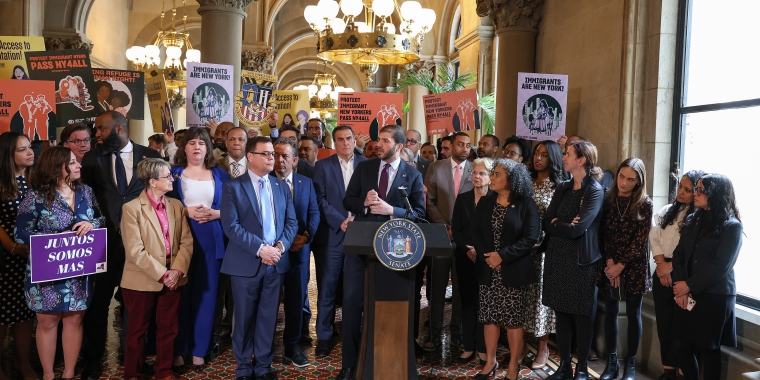
State senators call on MTA to abide by open meeting laws when weighing capital projects
ALBANY — A group of state senators are slamming the MTA over the secret nature of its capital projects plan, echoing the call of transit advocates pining for transparency.
Sen. Liz Krueger (D-Manhattan) and 13 other lawmakers sent a letter to MTA chairman and CEO Patrick Foye on Wednesday admonishing the agency for failing to abide by the state Open Meetings Law when it last crafted its capital program in 2014 and called for compliance as it prepares to approve a new billion-dollar round of big ticket plans, including the implementation of congestion pricing.
“The MTA is not only a massive recipient of taxpayer dollars, it is also a vital lifeline that millions of New Yorkers rely on every day,” Krueger said. “That is why it is so important that when critical decisions are made by the MTA, they be made in public. New Yorkers must be able to not only monitor the process of these MTA boards, but also provide input to shape the final product."
The five-year capital plan is due Oct. 1.
The letter notes that the agency’s Capital Program Review Board is considered a “public body” as defined by the OML, and subject to transparency requirements. But what the lawmakers fail to note is that the board is not governed by the agency.
MTA spokeman Shams Tarek defended the agency and noted the independent nature of the capital projects board.
“The MTA doesn’t oversee or control the CPRB, which is an independent body created by the Legislature," he said. "We’re committed to transparency and following the Open Meetings Law.”
Sen. Andrew Gounardes (D-Brooklyn) said that meetings "on the future of mass transit in New York City should be transparent and open to the public.
“We the people have a right to see how decisions get made on the issues that will affect our daily lives and commutes,” he added.
A collection of good government groups expressed similar concern about transparency earlier this month, but properly aimed their ire at Legislative leaders, Gov. Cuomo and Mayor de Blasio, who appoint the four members of the CPRB.
“The public interest is best served when the public can understand the reasoning behind government decision-making,” the advocates, including Common Cause, NYPIRG, League of Women Voters, Transportation Alternatives, Reinvent Albany and others wrote.
Rachael Fauss, a senior research analyst with Reinvent Albany, said the onus is on those who pick the board members to make sure they abide by the law.
“The Governor, Senate, Assembly and Mayor have to tell their representatives on the Capital Program Review Board to start obeying the Open Meetings Law," she said. “The CPRB was created to increase accountability, not operate in secret.”
Last month, the MTA board approved a reorganization plan that will slash up to 2,700 jobs, and consolidate dozens of administrative offices. The plan, considered a “blueprint” by board members, was required by a law signed earlier this year by Gov. Cuomo.
An independent consultant pegged the potential capital plan price tag at $50 billion.
But a draft plan of the capital projects has yet to be released despite the clock ticking down to the Oct. 1 deadline.
Krueger, the chair of the Senate Finance Committee, and her fellow lawmakers also called on the the MTA to ensure that the Traffic Mobility Review Board, tasked with implementing congestion pricing, complies with open meeting laws.
The Senators’ letter states that “given the impact of Central Business District Tolling, its vast number of stakeholders, and its directive to consider such subjective factors as “public impact, public safety, and hardships,” we believe it is of the utmost importance that the TMRB conduct a robust process of public engagement.”



